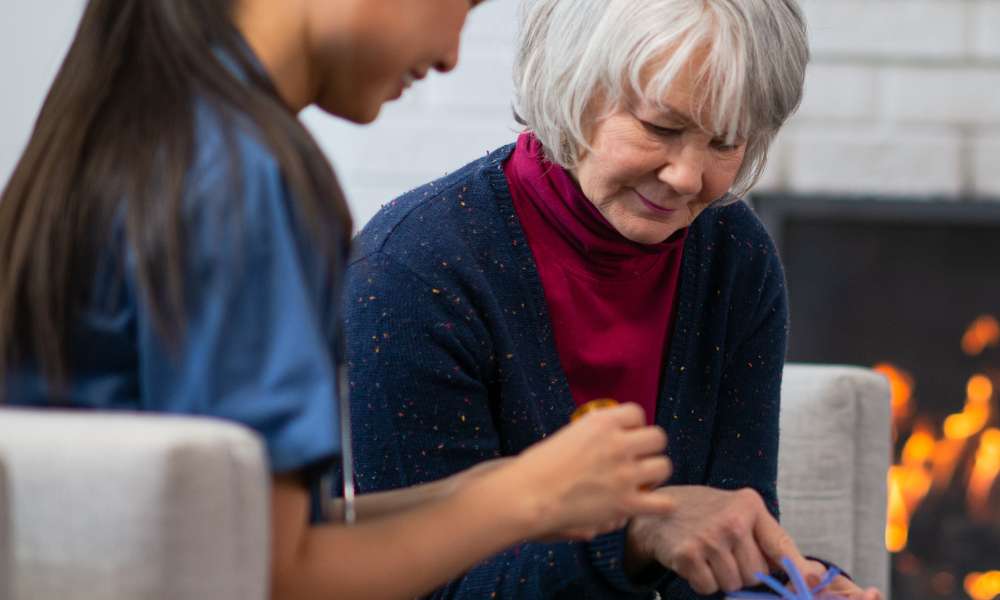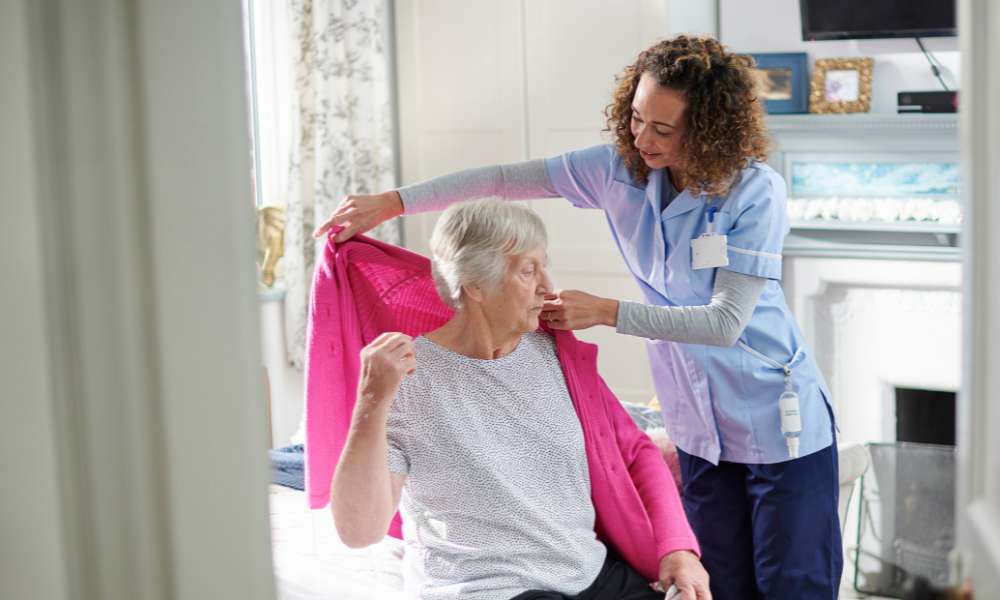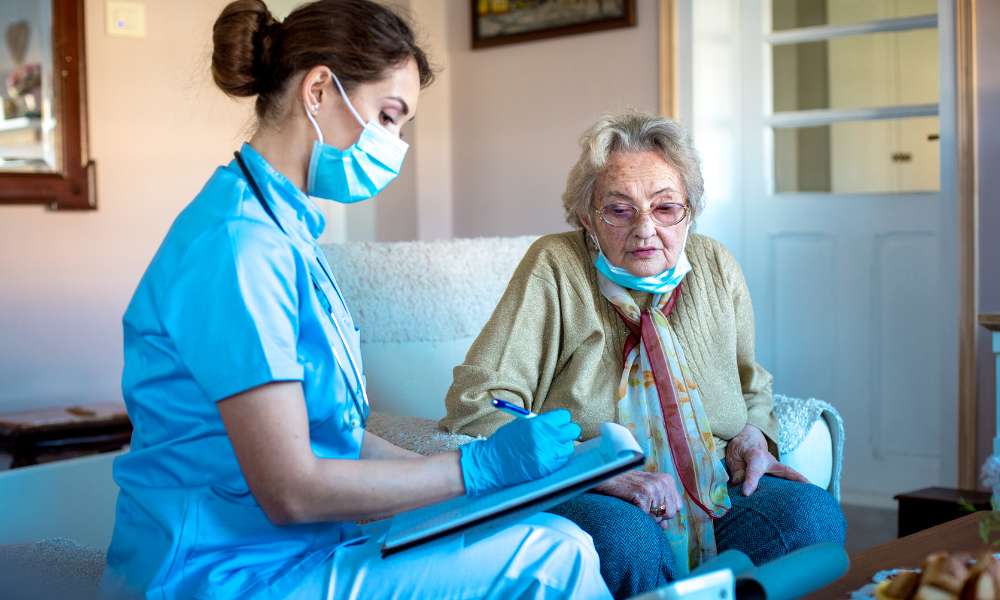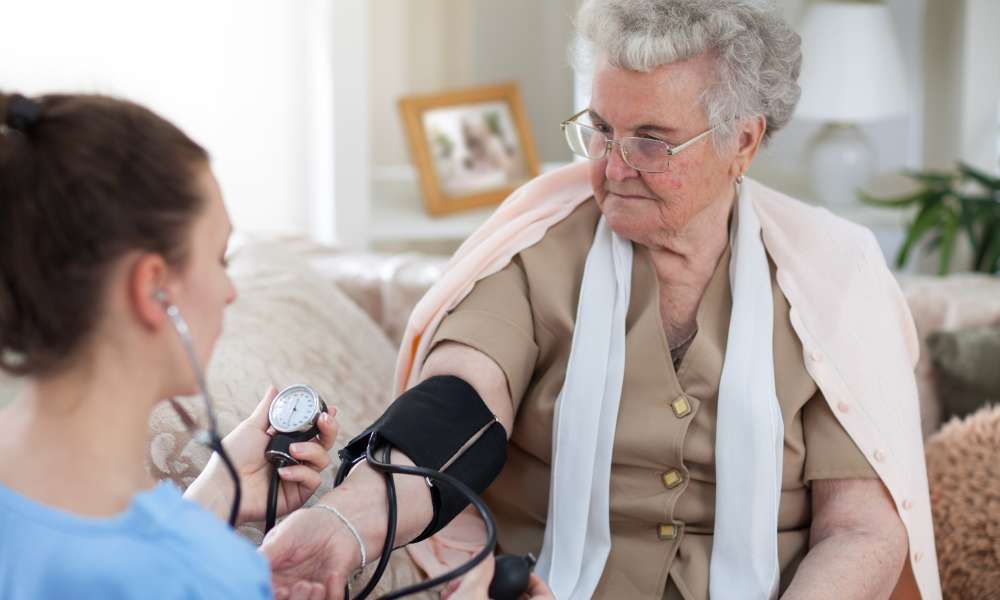
Personal Care Assistants (PCAs) play an indispensable role in the caregiving landscape, often operating behind the scenes as the unheralded champions of support for individuals facing physical, cognitive, or medical challenges. These dedicated professionals go beyond the scope of fundamental care, becoming essential in fostering independence, preserving dignity, and elevating the overall quality of life for those they serve. In this extensive blog post, we will explore the paramount significance of Personal Care Assistants and shed light on how they leave a profound mark on the lives of their clients, with a special mention of the exemplary services provided by the I&Y Seniorcare Homecare Agency.
Enabling Independence
Independence is a cherished aspect of life, and PCAs play a pivotal role in preserving it for those who require assistance. For people with disabilities or seniors facing daily challenges, PCAs offer the support necessary to continue living in their own homes. This not only fosters autonomy but also provides a familiar and comforting environment, improving the overall quality of life.
Customized Care and Compassion
“Customized Care and Compassion” refers to a personalized and empathetic approach to providing care and support to individuals in various settings, particularly in healthcare and social services. This approach recognizes that each person is unique, with their own needs, preferences, and circumstances, and seeks to tailor the care and support they receive accordingly. Here are some key aspects of customized care and compassion:
- Personalization: Customized care involves getting to know the individual on a personal level, and understanding their medical history, social background, cultural beliefs, and emotional needs. This information is used to create a care plan that is specific to that individual.
- Individualized Treatment Plans: In healthcare, customized care means developing treatment plans and interventions that are tailored to the patient’s condition and goals. This may involve adjusting medication dosages, therapy approaches, or dietary plans to suit the individual’s needs.
- Respect for Autonomy: Customized care respects the autonomy and choices of the person receiving care. It involves actively involving the individual in decisions about their care and considering their preferences and values.
- Empathy and Compassion: Compassion is a fundamental element of customized care. Caregivers and healthcare professionals should show empathy, understanding, and kindness towards the people they are assisting. This helps build trust and a sense of emotional support.
- Cultural Sensitivity: Customized care takes into account an individual’s cultural background, traditions, and beliefs. This ensures that care is respectful and appropriate within the context of the person’s cultural values.
- Flexibility: Care plans should be flexible and adaptable to accommodate changes in the individual’s needs and circumstances. This might involve adjusting care routines, treatment plans, or support services as necessary.
- Communication: Effective communication is crucial in customized care. Caregivers and healthcare providers should listen actively to the person receiving care, respond to their concerns, and keep them informed about their condition and treatment options.
- Holistic Approach: Customized care often takes a holistic approach, considering the person’s physical, mental, emotional, and social well-being. It recognizes that all these aspects are interconnected and influence a person’s overall health.
- Long-term Relationship: In some cases, customized care involves building long-term relationships between caregivers and the individuals they are caring for. This can help provide consistent support and foster trust.
Enhancing Quality of Life
The impact of PCAs on the quality of life of their clients cannot be overstated. Beyond assisting with activities of daily living such as bathing, dressing, and meal preparation, they offer companionship and emotional support. This human connection combats feelings of loneliness and depression, leading to a more positive and fulfilling life.
Promoting Health and Well-Being
Personal care assistants often have a crucial role in managing their client’s healthcare needs. This includes medication management, assistance with physical therapy exercises, and monitoring overall health. Their involvement ensures that clients adhere to treatment plans and remain in optimal health. By preventing health complications and hospitalizations, PCAs contribute significantly to their client’s overall well-being.
Respite for Family Caregivers
Families often shoulder the responsibilities of caregiving, which can be physically and emotionally taxing. Personal care assistants offer a lifeline to family caregivers by providing respite care. These breaks are essential for caregivers to rest and recharge, ultimately benefiting both the caregiver and the person receiving care.
Facilitating Social Engagement
Many individuals who require personal care face social isolation due to their limitations. PCAs go the extra mile to facilitate outings, social activities, and connections with friends and family. This active engagement in the community fosters a sense of belonging and contributes to a fulfilling life, even in the face of physical or cognitive challenges.
Conclusion
Personal Care Assistants are the unsung heroes who silently make a significant impact on the lives of their clients. Their dedication, compassion, and expertise go beyond mere caregiving; they provide a lifeline to independence, dignity, and an improved quality of life. Recognizing the importance of PCAs and the vital role they play in our communities is not only essential but also a testament to their invaluable contributions. As we celebrate their significance, let us continue to support and appreciate these dedicated professionals who bring comfort and hope to those they serve.
I&Y Senior Care Blogs


















Thank you for sharing. It is very informative and helpful for assisting elderly people.